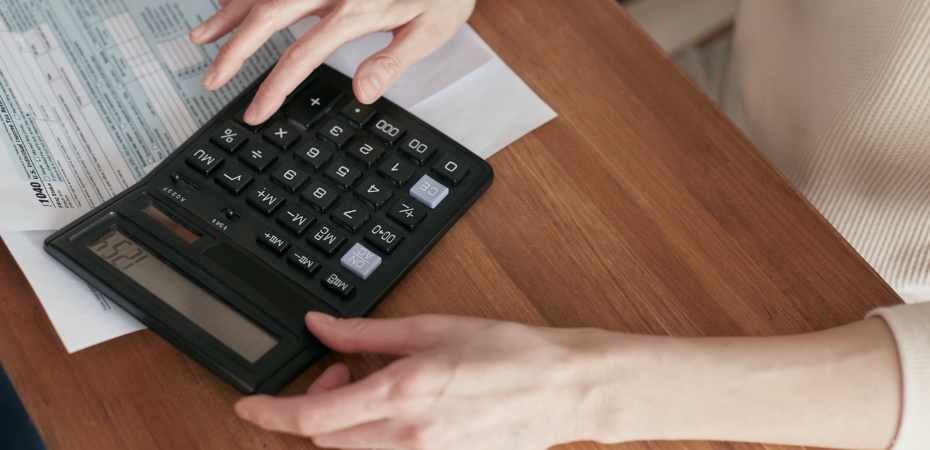When Quids in! surveyed tenants about how money issues were affecting them, half (48 per cent) said they were falling behind with bills and one in five (20 per cent) had run up rent arrears. They told us their mental health was under attack so debts like these, and loans or credit cards, have to be addressed. Or better still, avoided.
The best advice, before it’s too late, is to keep costs down and ensure there’s enough coming in to cover them. Ordinarily, Quids in! would be banging the drum for shopping around and switching energy suppliers to save money.
But with the crisis in prices, energy watchers like Martin Lewis of moneysavingexpert.com are now advising that there are no deals right now that work out cheaper than the price cap on standard and default tariffs (despite the fact this was upped in October 2021).
Canny budgeters know when their Direct Debits go out because, after finding the best deals, they don’t want bank charges for going overdrawn. We need to know when all our bills are going to be paid and do whatever we can to ensure there’s cash in the bank.
One way to relax about this is to have an account just for bills, which could be a deposit, budgeting or jam jar account. Jam jars are a good way to describe these accounts because we put into them what we need to cover all our charges in a month and only use them for that.
Fill them up as soon as the money comes in and then have the Direct Debits drain the account throughout the month. Whatever’s left in the main account is what we have to live on.
Let’s talk about energy
Prepayment energy meters are a matter of preference – they can allow us to budget more easily but we probably won’t be able to access the best deals, which tend to be offered to those of us who can pay by Direct Debit. But Direct Debits are not for everyone, if they go wrong you can end up paying more in bank charges instead.
Then there are smart meters – these are the next generation of gas and electricity meters and won’t cost us anything up front.
There are some benefits over other meters. We’ll get automatic meter readings and so we’ll be billed for what we’ve actually used rather than relying on an estimate.
But best of all, they show our usage in pounds and pence. We’ll get a small gadget called an ‘in-home display’ that shows how much we’re using in real time. So we know exactly how much that load in the tumble dryer has cost us.
Armed with this info, it’s a smart idea to put aside a couple of quid when we know we’ve used a lot of energy around the home. We can put this towards the bill, or maybe we could put away a smaller amount each day, for the same reason.
And knowing which appliances cost most also lets us work out how we could cut bills by deciding what to use and when.
Photo: Mikhail Nilov/Pexels



